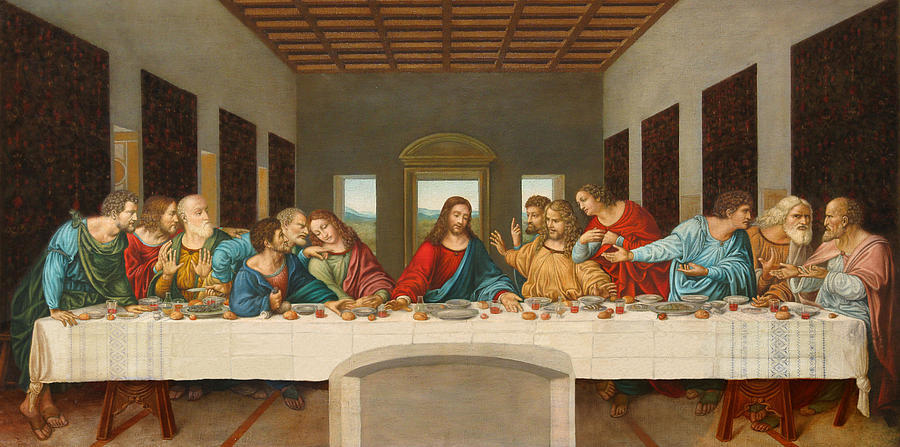Earlier last year, Hughes wrote a defense of his work, which seems like a cursory overview, but then critics of his defense were weaker still, which makes his defense look stronger than his critics. It's actually a pretty good justification for what he was doing although a broader and deeper paper may be necessary.
The book blurb on Hughes's Someone Else does show this is his modus operandi:
"Like The Idea of Home, Someone Else uses the essay as a form of autobiography. Here, however, the essays are fictions. Or are they? Hughes tells the stories of the figures who live in his mind by making them tell his stories – and in doing so engages in an art of literary ventriloquism."
So Hughes has told people all along what he was doing. Why the surprise?
I wrote a series of poems completely borrowing Shakespeare's or the King James Bible's words about the moon in order to write a series of love poems. They were all their words, but reordered so that the final result was that their words no longer discussed what they had intended to discuss. Is that plagiarism?
No. It is art. What is found poetry? What is erasure poetry? What is collage?
The measure is whether the borrowing is well done. Let's take Leonard da Vinci's Last Supper as an example.

I'd need to rewatch Robert Altman's MASH to see how this fits in, but it does seem to contribute both to the story and as commentary of the art/event (a man is going to commit suicide (or so he thinks) and his friends are sending him off with this "last" supper):
Most stagings of the Last Supper, though, have been brainless or not art. It sort of fits the image of, say, Battlestar Galactica, but it doesn't slide into the series very well--a bit stagey (but still some cleverness so some thought went into it):
You could say that MASH's use of da Vinci is also stagey. True, but they try to make it fit smoothly into the narrative. Perhaps it's worth complaining about, but it is comic, which makes it more difficult to critique.
Here we have samples of John Hughes borrowings at the Guardian.
Disappointingly, they have no analysis. It's more of a dramatic dum-dum-dum than an actual discussion. Proof of plagiarism!
Someone needs to actually read the books in question. To know whether the borrowings are significant, one must ask
- How does Hughes use it?
- How does Tolstoy use his text?
- How do they compliment or debate?
- How does the borrowing add meaning and/or reflect back?
However, Hughes borrows liberally. You can't see much of a purpose--at least not from these clips without more of the book. At present, this is a failure to read.
It does look like rather drab borrowings, though. It may be Hughes was simply learning sentence patterns from them--a rather banal borrowing, unfortunately. It's puzzling why he borrowed so much and why the passages don't seem particularly indicative.
An homage should be brief but enough to suggest where and what is being borrowed. For instance, "I'll be back" is a famous saying, but it requires more set-up than just those words. We'd need more. Also an homage should try to capture some particular tell-tale, briefly, that indicates what he is borrowing. It is curious.
Finally, the borrowing should be unobtrusive. That it took so long to discover Hughes's borrowings suggests his work is unobtrusive (but also not distinctive). The Altman clip is less obtrusive than the Battlestar Galactica. Should it be invisible? Should it be somewhat obtrusive so at least some people pick up on the nod? That's probably a question of taste.
However, I don't think homage is the highest form of art since not everyone has a photographic memory. It's what many call the "Easter egg"--the piece of art that's hidden that some may uncover. There should be no guilt associated with not recognizing homages.
Earp, in the article above, seems to think this won't hamper Hughes's career, but I suspect it may. Time will tell. But condemnation, without a deeper investigation, suggests brainless book burnings--to the shame of those who complained... unless they actually did the requisite legwork and found Hughes's borrowings not especially necessary to his art.
#
There's been a lot of hand-wringing over AI visual art and AI-generated stories. They "scrape" or "plagiarize" [to borrow the Guardian's accusations] writers and artists to create their "new" works. People--writers, even--find it convincing. All the people who think Hughes plagiarized without digging deeper should be banning such AI works, but though I've heard complaints, I haven't heard of any movements to block the AIs from doing their [illegal?] work.
My guess, for now, is that, without an intelligence guiding the art, human art is safe. If it should develop a method of creating intelligent art, then we can despair.
#
None of the above is to suggest where I come down on Hughes as a writer, but it does suggest a method for evaluating Hughes's work.

No comments:
Post a Comment